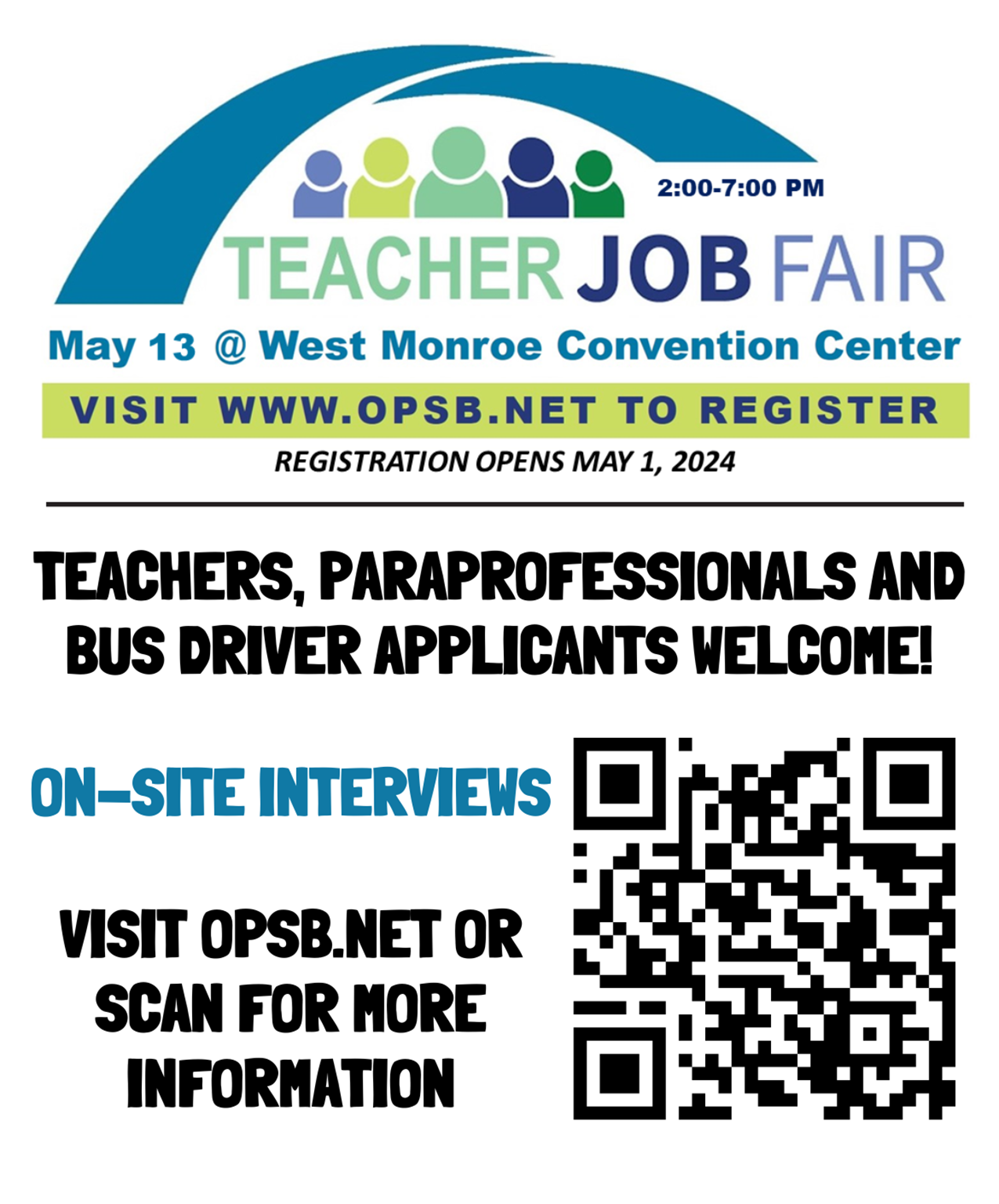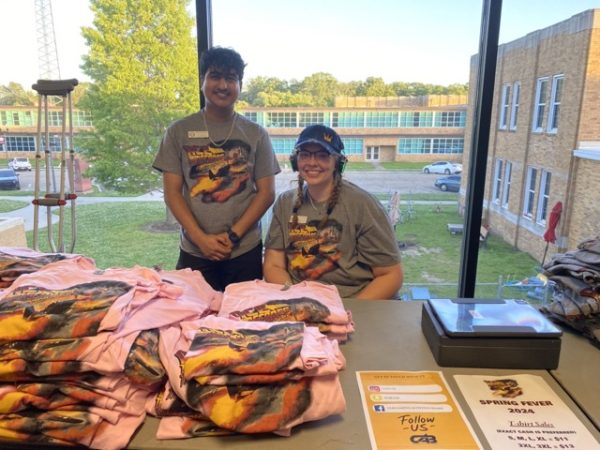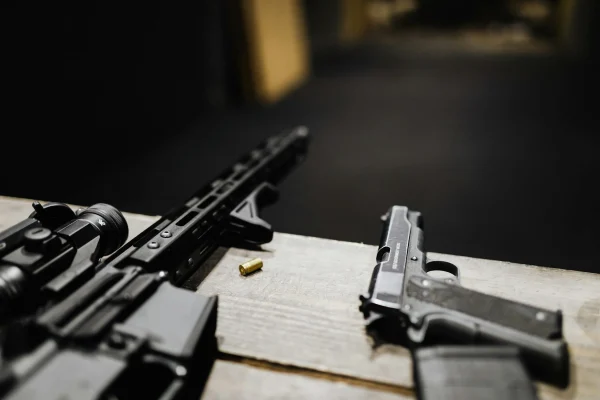#HBCULM: It’s more than a hashtag
November 12, 2018
It’s hard being black– you’re often either too black or not black enough. And, it is worse when your own people do not support you. A couple of weeks ago, ULM and pretty much every Historically Black College and University (HBCU) in the country went head to head on social media over a hashtag started by the black students at ULM years ago.
The hashtag, #HBCULM, drew controversy simply because students at HBCUs felt that the students of ULM did not understand the struggles of being black, because we chose to attend a Predominantly White Institution (PWI).
And because we chose to attend a PWI, we do not get to use a term that explains the historical aspects of the black colleges and universities simply because we are black.
And, I totally agree with all of the above.
However, at some point, these universities have to understand that we did not create this hashtag in the intention of making fun of such an important historical tradition for African-Americans.
We created it, because we wanted to create a feeling of inclusion at a university where many of us are just not included. Identifying with a certain aspects of a HBCU gives us that inclusion that we want.
At a time where blacks did not get a chance to have a secondary education due to our skin color, HBCUs were established to serve the educational needs of black Americans.
Prior to the Civil War, there was no structured higher education system for black students.
There were laws in place that just prohibited it. These schools were initially created to provide blacks with any type of education, elementary and secondary.
It wasn’t until the early 1900s that HBCUs began to offer courses and programs at the college level. Now, HBCUs offer some of the best degree programs in the country while providing students black unity.
I promise the black students of ULM highly respect that. It is amazing that African-Americans came together and did what they had to do in order to provide us an educational future. But, HBCU students have to understand that integration was not easy. The people who fought to have the chance to attend any school in the country , like other ethnicities, did not do this for all black students to fight in 2018. It was for the equality that we deserved. And, this should be respected.
After the court ruling, Brown vs Board of education, PWI’s were court ordered to let African-Americans attend their schools. But it wasn’t sunshine and dandelions for blacks. Schools went wild.
After the University of Alabama admitted Autherine Lucy, its first African American student.,white students and residents rioted.
Lucy was later suspended and expelled for criticizing the university. In 1960, New Orleans federal marshals shielded Ruby Bridges from angry crowds as she enrolled in school. She was 6 years-old.
In 1961, University of Georgia admitted African American students Hamilton Holmes and Charlayne Hunter.
After a riot on campus, the two were suspended. In 1962, the University of Mississippi admitted James Meredith. Upon his arrival, a mob of more than 2,000 white people rioted. There were several other incidences, but the point of this was to show that just because black people decided to attend a PWI, does not mean that their educational journey was any easier or less “black.”
So, how do we fix this without offending anyone?
First of all, we all need to realize that we are all black no matter what school we choose to attend. You’re not any better, because you decided to attend a PWI or a HBCU. We will still face racism and any other minority related issue in the real world.
We all need to celebrate the fact that black people are getting an education. Because a little over 150 years ago, this just was not possible.
Secondly, we both need to sit down and seriously discuss what it’s like to attend a PWI or a HBCU as a black student. Maybe, we could even shadow each other on-campus.
If we can see how it is from either side, maybe we will both finally understand that this hashtag was not created in any malicious intent and come together to fight on real issues.
And lastly, black ULM, maybe we should just find another name to call ourselves. The term, “#HBCULM,” is catchy, easy and fun to use.
And, I know the deeper meaning behind the hashtag. But every year when we think we have solved the problem and settled our differences with the local HBCU, the issue comes up again and even worse than before.
Fighting over something like this is unimportant and irrelevant, there are way bigger issues.
We have to respect that HBCUs have their own culture and history. We cannot continue to step on it as black students attending a PWI.








Wmh • Nov 13, 2018 at 12:17 am
Ugh…
The HBCU delegation needs you to understand a few things:
1. You chose ULM…You could have went to GSU, SU, SUNO, DU or XU, among the 101 HBCUs in existence…You can still go…But as long as your decision is to stay at a place where you aren’t welcome or appreciated, don’t co-op anything to make you feel better…take personal responsibility for your decision and live with it…don’t be disrespectful and try to explain away that disrespect by saying we’re all black…no, you’re a marginalized commodity there to make sure the school complies with federal laws for federal funding…if it wasn’t for that, your spot would go to a 2.0 white student who would flunk out in a year…this doesn’t happen at most HBCUs…
2. NOW WE ARE ALL BLACK…now you wanna fit in with the “black” delegation…you probably had all kinds of things to say about HBCUs when you made that decision…they don’t have this…they don’t do that…but you know what they do?…they give you the location and space to be YOU, in your own skin, words and actions…no fake smiles, no “we are on your side”, no condescending looks or words…I’m sure your campus seems cool, but we all know what goes on in the background…
And do you see the thread in all of this…choice…you mentioned some of the pioneers of integration, but you didn’t mentioned that it was a choice…and a lot of those pioneers didn’t graduate from those institutions they did their best to show the best that African Americans had to offer…a lot of them still ended up at HBCUs and gained an education and experience that can’t be taken away from them…they realized that integration wasn’t what they wanted…but I won’t bore you with how sports made it worth integrating…but look at your football and basketball teams for that history…
3. You speak that you are living the same experience as HBCU…let me ask you this…Louisiana sucks when it come to funding schools, but ULM isn’t as underfunded as GSU…your school hasn’t been threatened with funding cuts that may affect the life of the school…you don’t have to make due cause the school is robbing peter to pay Paul!…no, they just keep you underfunded…we are fighting politicians, educators and some of our own people that ask what purpose our school have…Then we show them your story and get them scrambling to open their wallets…YOUR STORY IS WHY HBCUs EXIST…but you don’t hear me or any other HBCU student or alum…
Stop co-op’ing and bring your butt home…stop trying to live an HBCU experience and do it…